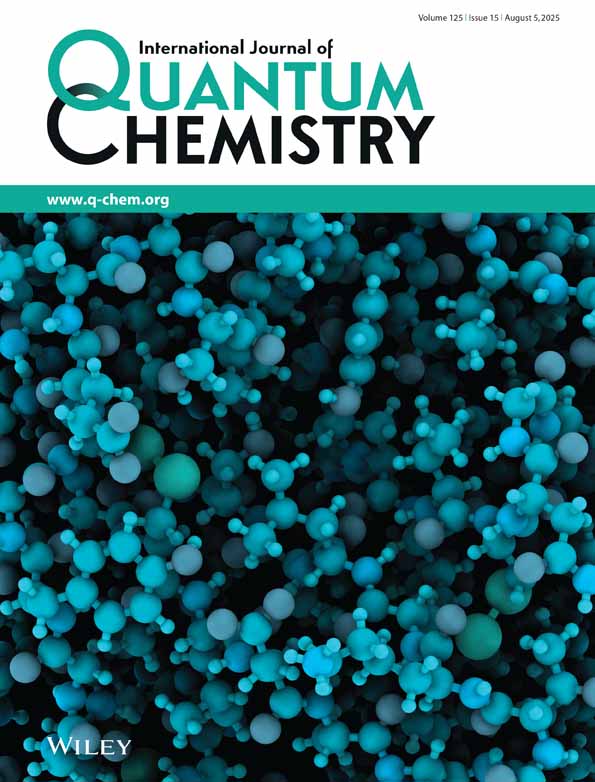Does quantum probability predict frequency?
Abstract
In probability theory an event is characterized by a set of outcomes. The probability of an event is a prediction of the relative frequency of the outcomes that lie in the set, when the experiment is repeated independently. In quantum mechanics an event is identified with a closed subspace of Hilbert space. Do the probabilities of quantum events predict relative frequencies in the same way? The famous analysis of Bell shows that this cannot happen in general, for all quantum events. Nevertheless the probabilities must predict something, and if not relative frequencies then what? There are several answers to the question of how to interpret quantum probabilities as relative frequencies, but they all involve restrictions on the events that are considered. This article surveys three such interpretations, which correspond to three possible choices: measured events, macroscopic events, and position events. © 1997 John Wiley & Sons, Inc. Int J Quant Chem 65: 389–398, 1997




